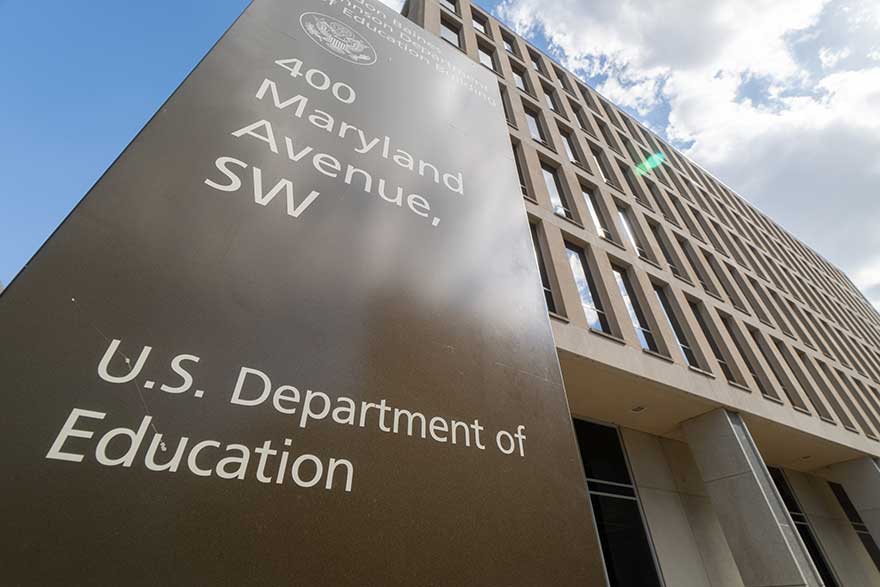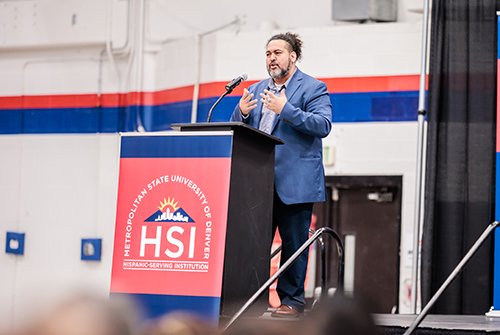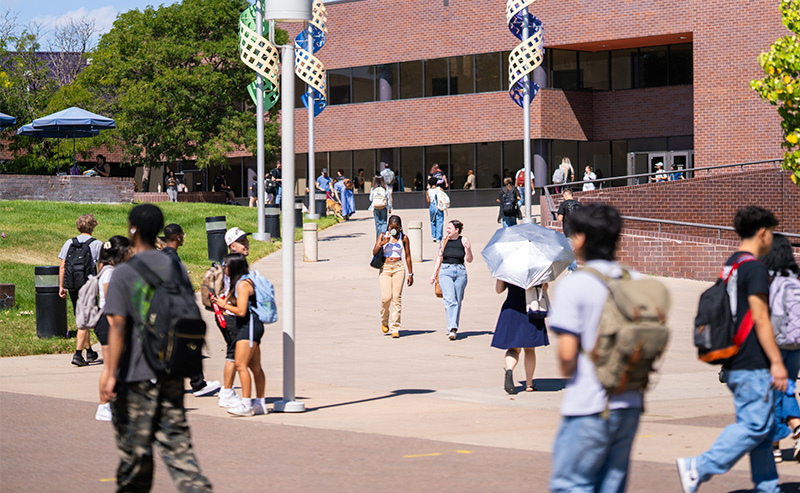As the federal policy landscape continues to shift rapidly, potential impacts on higher education, and Metropolitan State University of Denver in particular, are top-of-mind. To help address common questions and ease employee concerns, University Communications and Marketing is launching a new regular series that will address questions related to policy developments and what they could mean for our campus community. In partnership with government affairs and experts across the University, the goal is to provide timely, transparent, clear information to keep everyone informed and supported. Answers will be archived on the Government Affairs site for reference.
Have a question you would like answered in an upcoming edition? Submit it here.
Note: The Q&A’s will be selected based on topical relevance to the University’s mission and operations, ability to provide meaningful insight and resources from themes that surface through various feedback channels and the intake form referenced above. Questions and answers will be framed for clarity and suitability for university-wide communication. For more specific insight or direction, please speak with your leader.
Student-loan repayment
Q: Why are student-loan collections resuming now, and who is affected?
A: After a five-year pause initiated during the pandemic, the U.S. Department of Education resumed collections on defaulted student loans Monday. This decision reflects a shift in federal policy back toward repayment enforcement due to rising concerns about long-term loan delinquency. According to MSU Denver’s Jennifer Helgeson, director of compliance, the pause was always intended to be temporary. Current MSU Denver students in good standing are not affected; this change applies specifically to borrowers who were already in default prior to or during the payment pause.
Q: What happens if you’re in default on your student loans?
A: Borrowers in default should expect to receive notices from the Department of Education this summer about the resumption of administrative wage garnishment, which could take up to 15% of disposable income, based on a formula created by the Department of Education that uses federal poverty levels. It’s crucial not to ignore these notices. Emails from the Federal Student Aid office will include details on contacting the Default Resolution Group, which can help set up a repayment plan and explore options such as loan rehabilitation. Michael Vuong Nguyen, director of financial aid, urges borrowers to act proactively to regain good standing.
Q: How can borrowers manage repayment and avoid penalties?
A: To avoid collections or further penalties, borrowers should first check their loan status at studentaid.gov to see if they’re in default. From there, they can choose from several repayment strategies, including making regular payments, enrolling in an income-driven repayment plan or entering loan rehabilitation to restore their loan status. These options offer flexibility and a pathway to resolve default without enduring wage garnishment or lost federal benefits.
Learn more about what you need to know about the return of student-loan collections in RED:







